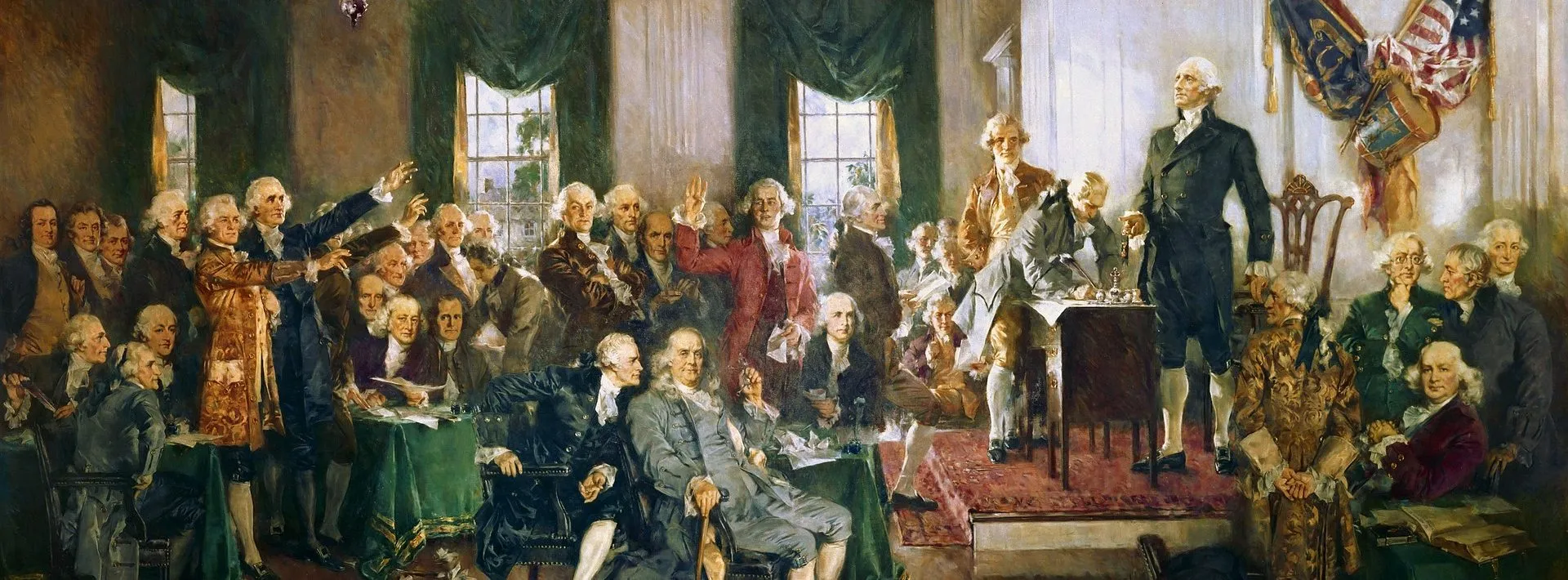Hamilton would love billionaires, buybacks, and tax breaks. If we learned anything from last week’s news cycle, it is that billionaires like Jeff Bezos do not need anybody to defend them. However, ideas typically can use a boost. Some in the far left argue that the existence of billionaires is unthinkable. Many Christians question whether or not we can defend the idea of 26 people owning as much wealth as the bottom 3.8 billion people in the world. When corporations receive millions or billions of dollars in tax breaks, lay off employees, and take part in stock buybacks has something gone morally and desperately wrong? Political psychologist Jonathan Haidt argues that left wing politics proceed psychologically from a consideration of care versus harm. Does the right’s defense of markets and tax breaks reflect a lack of care for individuals or groups?
The History
Alexander Hamilton’s famous report on the public credit provides the principle upon which we as Christians and citizens should defend the continued proliferation of billionaires, stock buybacks, and low taxes. In this case, those who forget history are condemned not to repeat it.
When Alexander Hamilton became our nation’s first treasurer, people questioned whether or not the United States should pay back their war debts and sustain any kind of national debt. The question breaks down along the same ideological lines that the issue of billionaires, buybacks, and tax breaks raises. Should America worry about how their rich investors (those like who financed America’s war with England) fare in their investment?
Essentially, Hamilton articulates that higher
credit worthiness begets better credit deals.
Knowing that America would need to borrow money from other countries in
future wars, Hamilton argues that America needs to pay back their debt on time
and at the agreed price. Those who honor
their promises attract investors. As the
supply of investors increase, the price of getting their money falls.
The picture Hamilton paints both romanticizes finance and quantifies the sacrifices in war. In short, when America began the revolution they were pitching the idea of liberty. It was a dream and a possibility. Investors like France believed in that idea and they put themselves at financial risk for it. If America had failed to make the business of liberty successful by failing to launch a nation, France would have lost all of their investment. From this perspective, America did not just become a nation by the blood of patriots. The investment of venture capitalists was necessary, too.

Additionally, Hamilton notes that the existence of a reasonably sized national debt can be traded as a currency. As long as faith in the nation’s economy exists, the citizens can trade the government’s debt like currency.
The Present
America should continue to defend tax breaks, buy backs, and billionaires because they promote what Hamilton identifies as necessary: eagerness to invest and a supply of capital upon which the economy can grow.
Tax breaks promote investment and consumption. Where those two things increase, the economy grows and eventually replace the tax revenue lost by diminished rates. After the recent tax cuts, the rich paid a larger portion of the total taxes.
Stock buybacks, similarly, encourage investment. When stockholders experience bigger gains for their investment, they increase their involvement in the market. When a company buys back their own stock while laying off their employees, they have done nothing wrong. The only environment where any jobs exist is one where investors can feel confident that they will get a return.
Billionaires by their very nature provide the capital that make it possible for an economy to grow. In order to make loans, banks need to keep a certain amount of money in reserve. As a young millennial, I confess my bank account does not contribute a significant portion of the money which my bank is holding in reserve. I am glad that there are millionaires and billionaires who are storing their money in a bank so that I can comfortably sit in a house whose mortgage is being covered by a teacher’s salary.
The Conclusion
In sum, the world gets better when someone has an idea into which someone else makes an investment–idea, investment, and return. Extreme poverty has been cut in half in the last 30 years. The change is even more significant over the last 200 years. We may live to see a day where extreme poverty is wiped out. Anyone who argues that change has been or will be realized through social consciousness about income inequality has to make an extremely uphill case with the data. Those who care for those at the bottom of economic ladder must fight any attempt to encourage an environment that discourages investment.
When Hamilton wrote, our nation was poor. We have become the wealthiest nation in the world. That wealth compels us individually to reach out and to exercise the charity that our faith demands. However, if we forget history’s lesson, we’ll be condemned not to repeat our nation’s success.











